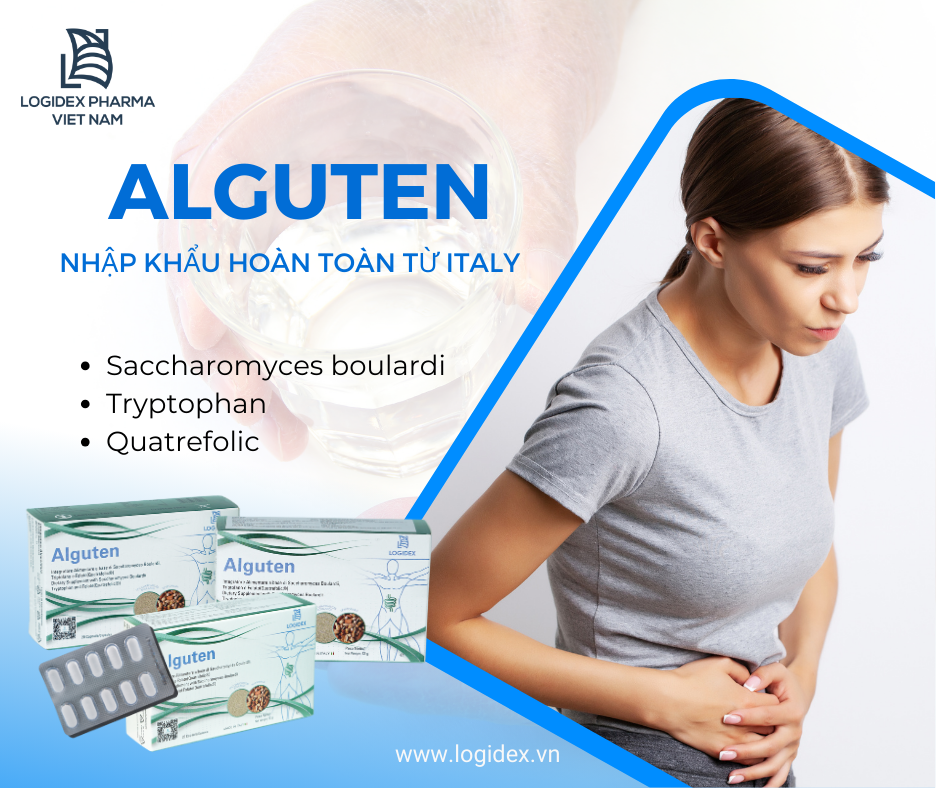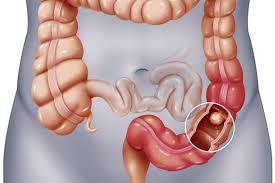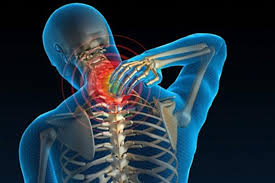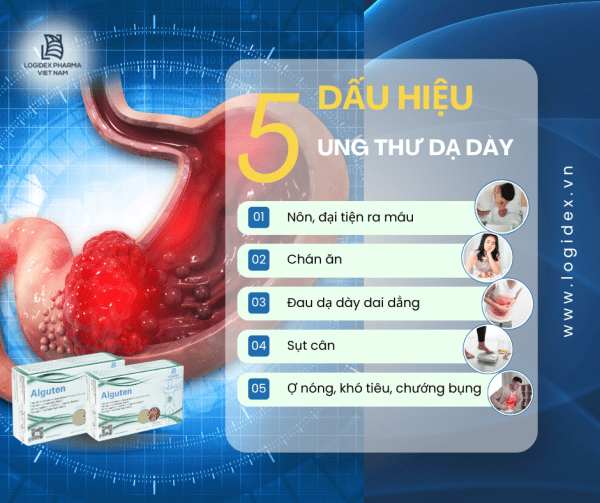Creating a nutritional menu for pregnant women without gaining weight is our goal. To ensure a nutritious menu for pregnant women, it is essential to understand how much they need to eat to get enough nutrients. Excessive weight gain during pregnancy can lead to serious health issues for both the mother and the fetus. Therefore, research suggests that during pregnancy, an additional 300 – 450 calories per day are needed compared to before.
1. No Need to Eat Twice as Much During Pregnancy
According to expert analyses, weight gain can be attributed to increased blood volume, breast tissue, or the weight of the baby. The appropriate weight gain is 4.5 – 9 kg throughout pregnancy. Gaining significantly more or less than this amount is not ideal. However, many women gain 15 – 20 kg, and some even more.
Experts suggest that pregnant women do not necessarily need to double their calorie intake to have a healthy pregnancy. It is advisable to maintain your initial diet and enhance it with a nutritious menu for pregnant women.
Misconceptions that eating more will ensure the baby gets enough nutrients often lead to increased obesity and gestational diabetes. The nutrition the fetus receives from the mother increases gradually but should not be equivalent to the intake for two people. If the baby does not consume all the nutrients, the mother will end up with excess energy and increased risk of obesity.
Therefore, pregnant women should maintain a certain calorie intake. Ideally, eat as you did before pregnancy, gradually increasing intake as the baby develops. Avoid eating excessively with the intention of improving the baby's health, as this can lead to obesity for the mother.
2. Body Weight Does Not Indicate Nutritional Sufficiency
A balanced nutritional menu for pregnant women that avoids excessive weight gain is quite complex. Therefore, food selection needs to be very careful. A lean body shape during pregnancy can lead to faster recovery after childbirth and reduce the risk of postpartum depression.
Although weight gain is necessary during pregnancy, it includes the weight of the fetus, placenta, amniotic fluid, etc. Compared to the initial weight, with a 3 kg baby, an additional 1-2 kg is beneficial for health and avoids obesity.
Excessive weight gain during and after pregnancy increases the risk of postpartum depression. Thus, a healthy diet that minimizes excessive weight gain will contribute to better mental health for both the mother and the baby.
3. Calorie Needs Increase After Week 16
By week 16, the fetus has developed most of its organs and parts. At this stage, the nutritional needs of the baby will be higher than in the first three months of pregnancy. From this period, the mother can increase her intake by 300 – 500 calories per day.
Eating excessively during pregnancy is not recommended, and care should be taken with food choices. Consuming raw or contaminated food can harm both the mother and the fetus. Violating food safety during pregnancy may increase the risk of premature birth or miscarriage.
Unpasteurized milk should not be consumed during this time. Opt for whole-grain cereals, pasteurized milk, and drink it warm to avoid digestive issues.
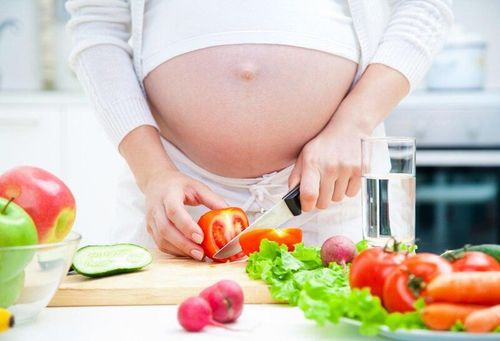
4. Weight Gain During Pregnancy Will Affect Health Throughout Pregnancy
Pregnancy obesity is common due to excessive calorie intake. In reality, the nutritional needs of both the fetus and the mother are not as high as presumed. Thus, eating a balanced diet while limiting stored energy is essential.
Excessive weight gain can lead to gestational diabetes, high blood pressure, and an increased likelihood of cesarean delivery. Babies born to obese mothers have a higher risk of birth defects or conditions such as macrosomia.
A nutritious menu for pregnant women should include protein, vitamins, minerals, healthy fats, complex carbohydrates, and other essential nutrients. To ensure these nutrients, consider incorporating the following 13 foods:
Dairy Products Through Processing and Pasteurization
Protein and calcium from dairy products meet the needs of the fetus. Therefore, you can include yogurt and cheese in your diet. These are also sources of phosphorus, vitamin B, magnesium, and zinc. If you have lactose intolerance, consult a nutritionist.
Legumes
Legumes are plant-based foods that help the body absorb fiber, protein, and iron, which are beneficial during pregnancy. They also provide calcium and folate, reducing the risk of neural tube defects in the fetus. Folate is recommended before and during pregnancy, especially in the first trimester, to support brain development.
Pregnant women need 600 mcg of folate daily. Legumes are high in fiber, making them good for those with digestive issues. You can use them as cereals or in cooking as preferred.
Sweet Potatoes
Sweet potatoes can be used as a substitute for rice but should not replace it entirely. They are a good source of vitamin A.
Fatty Fish Like Salmon
Salmon is a highly nutritious fish recommended during pregnancy. However, avoid fish with high mercury content to protect both mother and fetus. Ensure the source of salmon is reliable to avoid mercury contamination.
Eggs
Eggs are easy to find and prepare. They provide a complete range of nutrients needed by the body. Try incorporating eggs into various recipes to avoid monotony.
Dark Leafy Vegetables
Dark leafy vegetables are rich in fiber, vitamins, and minerals. They help the baby absorb nutrients better and reduce the risk of preterm birth or low birth weight.
Lean Meat and Red Meat Protein
In addition to protein, lean and red meats provide energy and help maintain muscle mass. Red meat is a good source of iron for both mother and fetus. Combine meats with vitamin C to enhance iron absorption.
Superfood Berries
Berries are healthy snacks and part of the diet. They have a low glycemic index, making them good for health. Examples include blueberries, raspberries, and strawberries. You can eat them fresh or make smoothies.

Whole Grain Cereals
Whole grains are rich in fiber and minerals. They are recommended for pregnant women to maintain adequate nutrition and support energy needs.
Avocados
Avocados are nutrient-dense and rich in vitamins, minerals, and healthy fats. They can be included in the diet for balanced nutrition.
Dried Fruits
Dried fruits are convenient and energy-dense but should be consumed in moderation due to high sugar content. They can be used as snacks or in dishes.
Cod Liver Oil
Cod liver oil is a source of DHA and omega-3, essential for brain and eye development. However, avoid excessive intake to prevent bleeding risks.
Water
Water is essential for overall health. Pregnant women should drink about 2.3 liters daily to stay hydrated and prevent urinary infections.
Maintaining a balanced nutritional menu for pregnant women is achievable. Consult a nutritionist if you face difficulties in planning your diet.
 Italiano
Italiano  English
English  Vietnamses
Vietnamses

